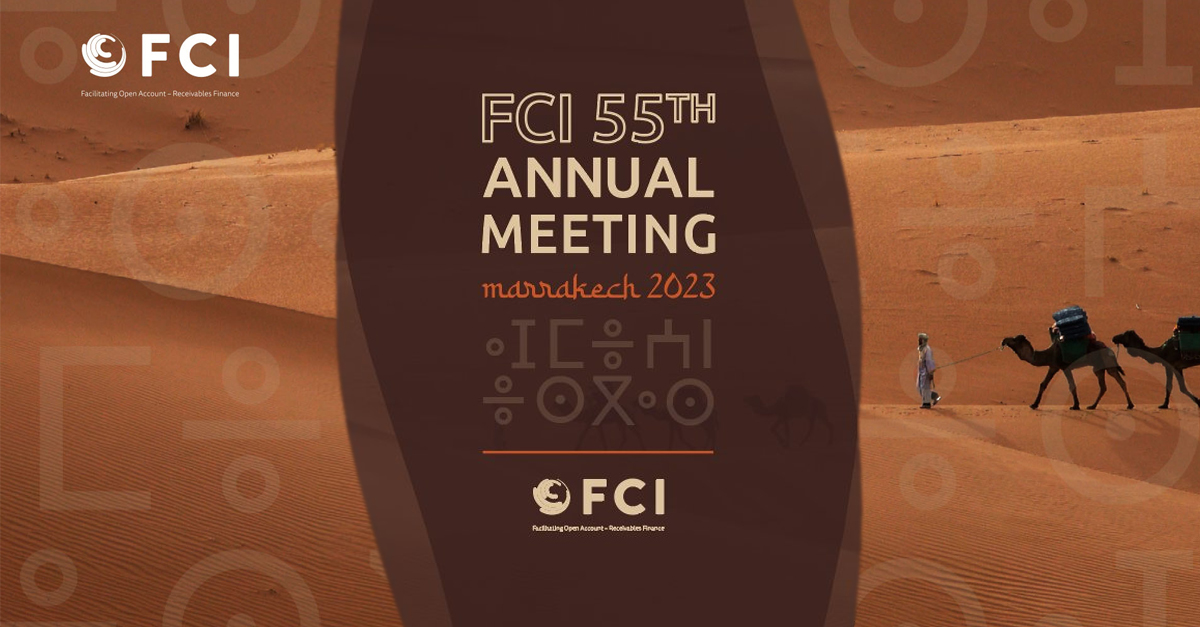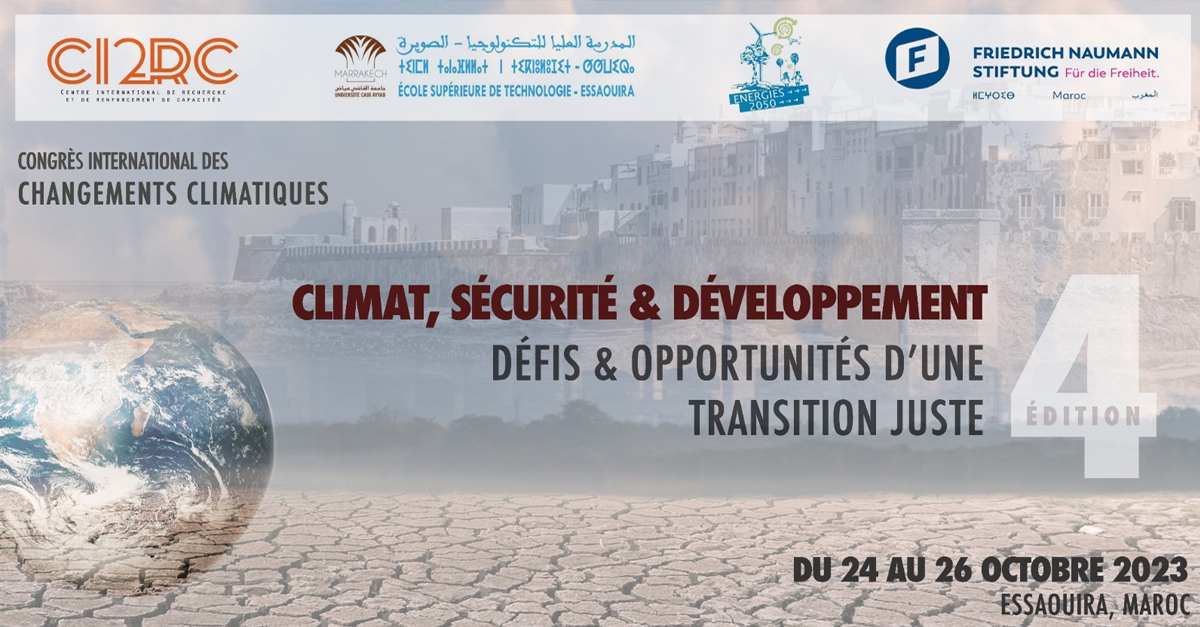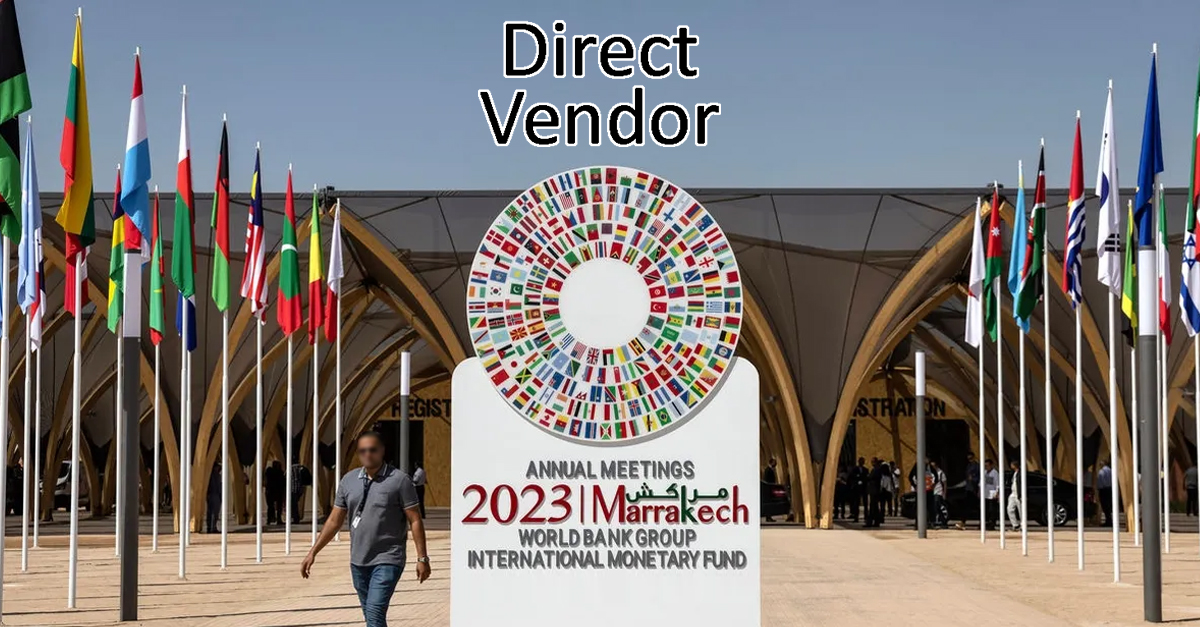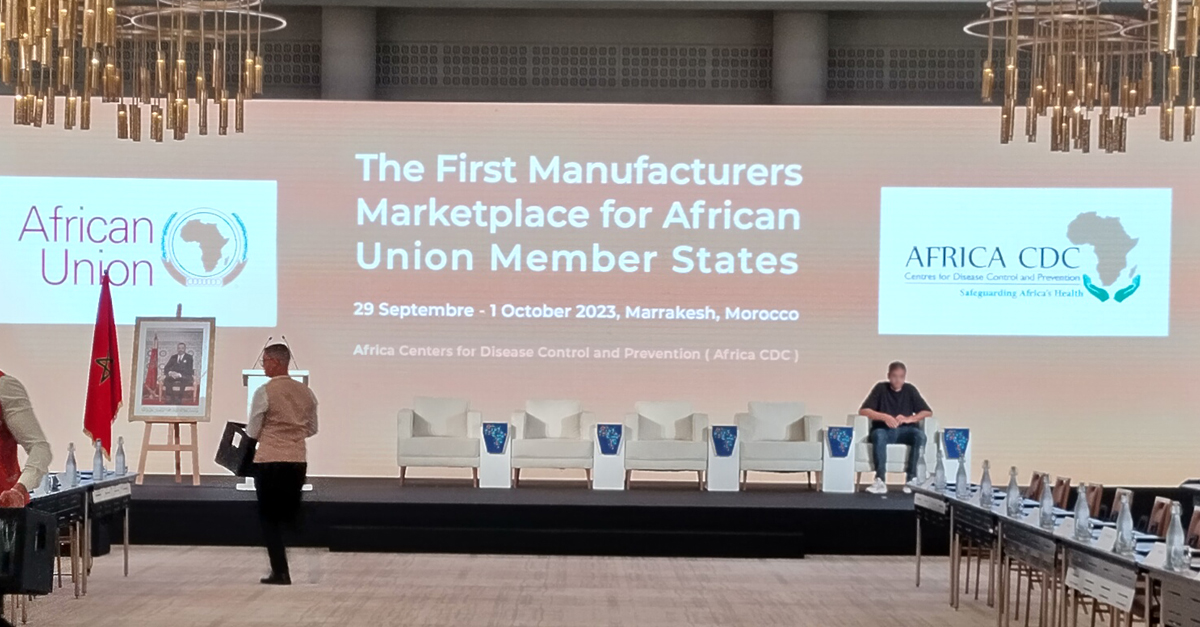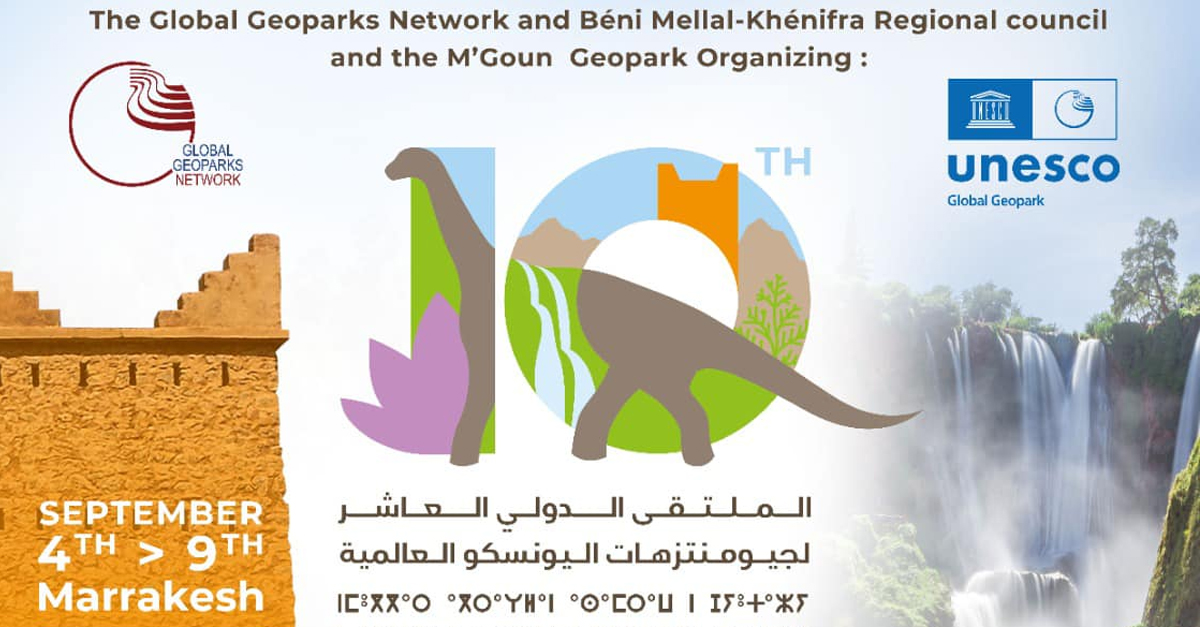The established narrative of global population, often pegged around 8.2 billion, is being challenged. A recent study published in Nature Communications led by Josias Láng-Ritter from Aalto University reveals a potentially significant underestimation, particularly in rural populations. This study, unlike previous efforts, uses a novel comparative approach, bringing to light discrepancies that could have profound implications for resource allocation and development.
The Shifting Sands of Population Data
“Numbers have an important story to tell. They rely on you to listen.” – Stephen Few
Historical Context of Population Counting
Historically, population counting has evolved from rudimentary headcounts to modern censuses. Early attempts were often localized and limited in scope, prone to inaccuracies due to logistical challenges and political biases. Modern censuses, despite advancements in methodology, still face obstacles in reaching remote and marginalized communities. Satellite imagery and statistical modeling, used in datasets like WorldPop and LandScan, provide estimations but rely on potentially flawed underlying census data.
The Aalto Study: A Comparative Revolution
The Aalto University study introduces a crucial innovation: direct comparison of global population datasets with resettlement data from rural dam projects. This approach provides a tangible, real-world benchmark, revealing substantial discrepancies. Unlike previous theoretical models, this study quantifies the underestimation, suggesting rural populations might be underestimated by 53% to 84%. This is a significant improvement over previous methods that relied on modelling, and assumed the underlying data was accurate.
Quantifying the Rural Discrepancy
The study demonstrates that standard datasets significantly underestimate rural populations. This discrepancy isn’t merely a statistical curiosity; it represents a fundamental flaw in how we perceive and manage global resources. The study’s findings highlight the limitations of relying solely on extrapolated data, emphasizing the need for more ground-truth approaches.
Geographical Hotspots: Regions of Concern
“Geography is the canvas upon which human history is painted.” – Halford Mackinder
Sub-Saharan Africa: A Region Overlooked
Sub-Saharan Africa, characterized by rapid population growth, limited infrastructure, and political instability, exemplifies the challenges of accurate population counting. The study suggests that underestimation in this region is particularly acute. The lack of resources to complete accurate census data creates a large problem. This leads to a lack of resources being allocated to the areas that need them.
South Asia’s Density Dilemma
South Asia, with its dense populations and varying data collection standards, also presents significant challenges. Countries like India, Pakistan, and Bangladesh require more precise data for effective urban planning and resource management. The sheer number of people in small areas creates a problem for accurate data collection.
Remote and Marginalized Populations: A Global Issue
Beyond specific regions, marginalized populations worldwide, including indigenous communities and those in remote island nations, are consistently undercounted. These populations often lack access to formal census systems, making them invisible in global datasets.
Causes and Consequences: The Ripple Effect
“The consequences of our actions are so complicated, so diverse, that predicting the future is a very difficult business indeed.” – Vaclav Havel
Systemic and Methodological Roots
The underestimation stems from systemic issues like inadequate funding for census operations, political biases, and methodological limitations in satellite-based estimations. The reliance on potentially flawed national census data further exacerbates the problem.
Consequences for Development and Resource Allocation
Inaccurate population data leads to misallocation of resources, hindering development efforts in crucial sectors like healthcare, education, and infrastructure. It undermines effective policy formulation and disaster relief efforts, particularly in vulnerable regions.
Addressing Rebuttals and Counterarguments
Some argue that global datasets, despite their limitations, provide a sufficient approximation for large-scale planning. Others might question the representativeness of resettlement data. However, the Aalto study’s strength lies in its direct comparative approach, revealing discrepancies that cannot be ignored. While global datasets provide a broad overview, they lack the granular accuracy needed for effective local and regional planning. Also, while resettlement data is not a perfect metric, it does provide a set of hard numbers, that can be used to compare to the estimated data.
Towards Accurate Population Representation
“The truth is rarely pure and never simple.” – Oscar Wilde
Technological Innovations in Data Collection
Leveraging mobile technology, citizen science initiatives, and machine learning can enhance data collection accuracy. Real time data gathering, and statistical analysis via computers, can greatly improve the accuracy of data collection.
Strengthening National Statistical Systems
Investing in national statistical systems, particularly in developing countries, is crucial. This includes capacity building, improved data governance, and enhanced collaboration between national and international organizations.
Ethical Considerations and Inclusive Practices
Adopting inclusive data practices that prioritize marginalized populations and ensuring data privacy is essential. Ethical data collection ensures that all people are counted, not just the easiest to reach.
In a nutshell
It’s important to understand that the Aalto University study doesn’t give a precise, revised global population number. Instead, it highlights the significant potential for underestimation, particularly in rural areas. Here’s what we can glean from the study:
- Focus on Rural Underestimation:
- The study’s primary finding is that global population datasets may underestimate rural populations by 53% to 84%.
- This means that the actual number of people living in rural areas could be significantly higher than current estimates suggest.
- Implications for Global Figures:
- Given that a substantial portion of the world’s population resides in rural areas, this underestimation implies that the overall global population could be higher than the commonly cited 8.2 billion.
- However, the study doesn’t provide a definitive new global population figure.
- Key Takeaway:
- The study’s significance lies in raising awareness of the potential inaccuracies in existing population data, particularly concerning rural populations.
- It shows that the problem is that the data sets that are used, are not accurate. And that the rural populations are being undercounted. Therefore, the global population is most likely higher than what is currently being reported.
In essence, the study reveals a potential for a much higher global population than currently recorded, but doesn’t give an exact new number.
Conclusion
The Aalto University study underscores the need for a paradigm shift in how we approach global population data. By highlighting the substantial underestimation in rural populations, it challenges the conventional narrative and calls for more accurate, ground-truth-based methodologies. Addressing these discrepancies is crucial for equitable resource allocation, effective development planning, and a more accurate understanding of our world.
Sources
Main source
https://www.nature.com/articles/s41467-025-56906-7
Alternate sources
https://www.eurekalert.org/news-releases/1076809
https://www.iflscience.com/there-may-be-way-more-than-the-official-82-billion-people-on-this-planet-new-study-suggests-78495

